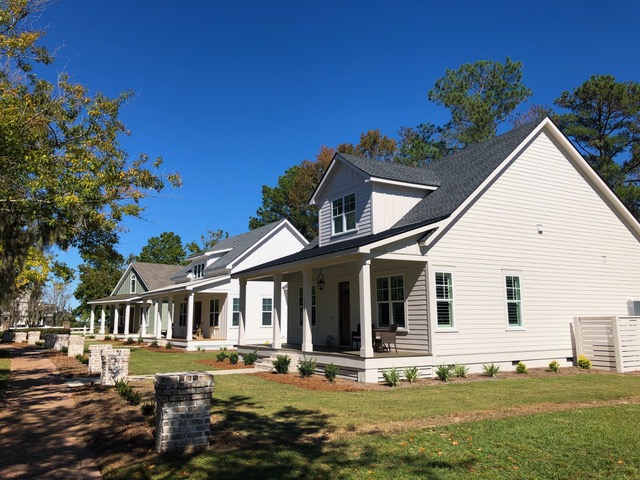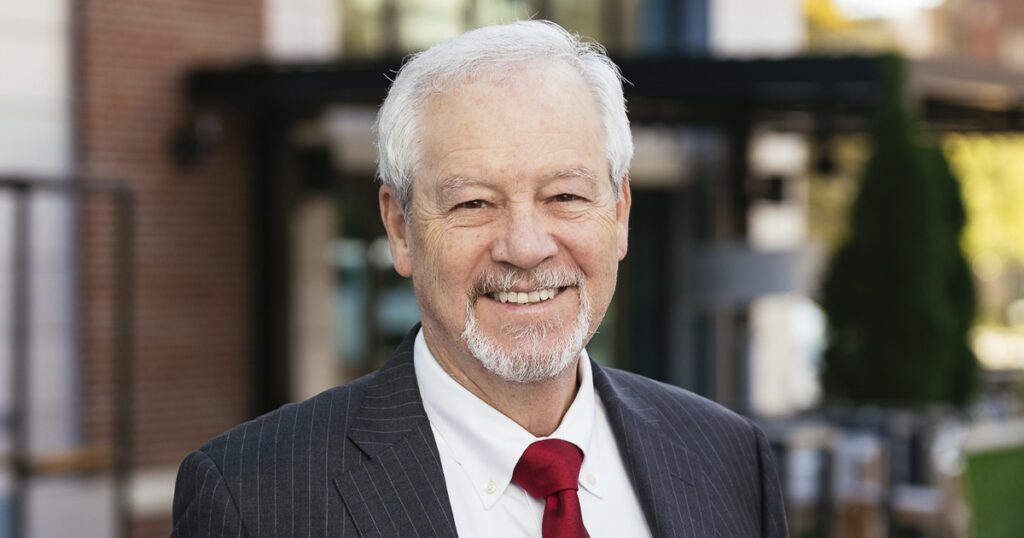The State
COLUMBIA, S.C. — The S.C. Supreme Court on Wednesday upheld special prosecutor David Pascoe’s conviction of former State Rep. Rick Quinn, R-Lexington, who in 2017 pleaded guilty to misconduct in office and in return resigned from office and received probation.
But at the same time, the high court rejected an appeal by Pascoe — who wanted Quinn’s plea thrown out — that Quinn’s plea and probationary sentence should be considered anew in a trial court.
Pascoe had also sought prison time for Quinn, but the high court ruled that state Judge Carmen Mullen’s sentence to Quinn of probation, a $1,000 fine and 500 hours of public service should stand. The prosecutor had thought the sentence was much too lenient, and so he appealed the plea and the sentence.
The state of South Carolina “cannot appeal the guilty plea accepted by the trial court,” the five Supreme Court justices said in a unanimous ruling written by Associate Justice Kaye Hearn.
The Supreme Court also noted that Quinn had made a “confession of guilt in open court,” so there is no question that his conviction should stand.
The ruling appeared to put a end to an unusual controversy that arose after Quinn’s guilty plea to a criminal charge of misconduct in office in December 2017.
At the time, Quinn and his lawyers told the court that Quinn was only pleading guilty to a sharply limited set of facts relating to the crime of misconduct in office — that Quinn had failed to report to the House Ethics Committee a “less than $30,000” payment from the University of South Carolina to a business Quinn was associated with.
That view of the plea sharply contrasted with Pascoe’s. He told Judge Mullen that Quinn had committed worse crimes than any other lawmaker caught up in Pascoe’s ongoing corruption investigation and he deserved a year in prison.
At that hearing, Pascoe displayed a Power Point presentation alleging Quinn had covered up his involvement with his father’s consulting firm, Richard Quinn & Associates — an involvement that allegedly helped the firm make millions. Pascoe also said Quinn had also illegally voted for and worked on legislation for his father’s clients.
“For over a decade, he (Rick Quinn) said he did not work for his father” but a 2012 email proved that was not the case,” Pascoe said.
That view was disputed at the same hearing by Rick Quinn’s lawyers, who asserted their client had done little if anything wrong. Pascoe’s case has “glaring weaknesses and holes,” attorney Johnny Gasser told Mullen.
Another Quinn attorney, Matthew Richardson, told the judge that Quinn is a community-minded citizen and a good family man who had suffered unfairly while in the glare of Pascoe’s spotlight. “Rick has never taken any money for his personal benefit,” Richardson said.
The Supreme Court’s Wednesday ruling also rejected Pascoe’s arguments that Judge Mullen had acted improperly during the guilty plea and sentencing process.
But Pascoe failed to show evidence “of judicial bias or prejudice,” the high court ruled, adding that Pascoe’s bid to have Mullen recuse herself from the case and be replaced by a new trial judge at a new hearing was “specious and wholly without merit.”
In a concurring opinion, Associate Justice John Few rapped Pascoe for entering into “corporate integrity agreements” with Palmetto Health, SCANA, AT&T, USC and the S.C. Association for Justice, groups that had done business with Richard Quinn’s consulting firm and each of which had been under investigation by Pascoe’s state grand jury.
Under the agreements, the five groups agreed to pay a total of $352,000 to Pascoe’s prosecutorial accounts in return for a decision by Pascoe not to prosecute them. That arrangement is questionable, Few indicated, saying that justices plan “to address the propriety, legality and validity of the agreements” in an upcoming case.
Few called Pascoe’s efforts as “an unsupervised prosecutor, free from any oversight or control…. a ‘prosecutive’ mess.”
Pascoe, reached later Wednesday, disagreed that his work has been a “mess.”
“Six convictions, a detailed grand jury report and five corporate integrity agreements in an investigation that was clearly going nowhere…. is not a mess,” said Pascoe, who took over the special prosecutor’s post in 2014.
“One thing I’ve learned in prosecuting public corruption is there will always be criticisms …. I’m proud of my office, the grand jury members and the S.C. State Law Enforcement Division. But for their hard work, none of this corruption would have been exposed.”
Pascoe also said the main point for him in the decision was that it affirmed Rick Quinn’s guilt — which was an issue in oral arguments before the high court last year.
“This ruling shuts the door on his plea ever being vacated,” Pascoe said.
Richardson, who represented Rick Quinn on the appeal, declined comment.
The ruling also noted in a footnote that Pascoe’s “public corruption probe in these matters has extended for more than five years, and we trust that it is drawing to a close.”



